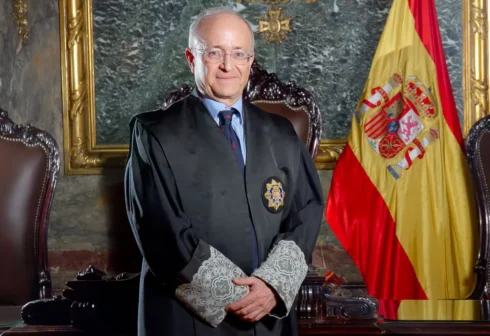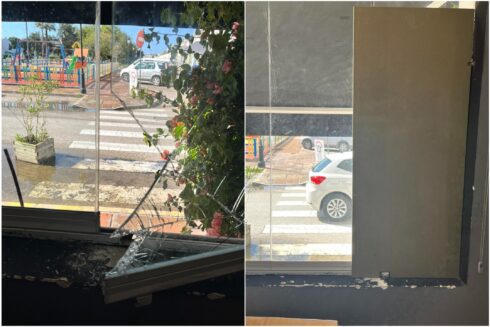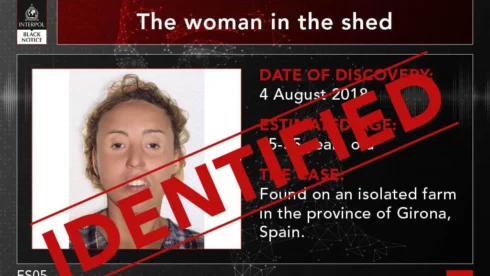A SUPREME Court judge says some squatters in Spain should be charged with fraud to help landlords get them evicted quickly.
Vicente Magro believes people who stop paying rent should be criminally prosecuted for fraud, rather than going through a lengthy civil court process.
Squatting has increased in recent years and the government last Friday formally published its law which will speed up the legal process to get people evicted if they have been trespassing.
READ MORE:
- Squatter crackdown U-turn in Spain as politicians send ‘game-changing’ amendment back to Congress – in crushing blow to victims
- Spain’s new ‘anti-squatter law’ will NOT protect the most vulnerable homeowners, warns property expert
- ‘Shameless’ squatter in Spain takes over six-bed home and rents out FIVE of the rooms: Widow owner, 78, faces financial ruin

It is due to hit the statute book on April 3 and allows for trials to be held within 15 days of being brought to court.
The law change though applies to squatters who never had a right to be in a property in the first place.
A big problem are people who rented legally under a contract but then stopped paying- often within weeks.
They are far harder to remove, but Supreme Court judge, Vicente Magro, has addressed that issue in his book on dealing with squatters.
“If somebody pays rent in the first month and then stops paying, it is a scam from my perspective,” said Magro.
The judge believes that going down the criminal prosecution route of pursuing non-payers for fraud is far better than a lengthy and potentially costly civil case.
“When someone makes a rental agreement with the premeditated intention of not paying, we are facing a clear case of fraud,” he said.
“Therefore this scam should be processed criminally, not through a civil proceeding,” Magro added.
He says that making a criminal complaint would allow victims to ask a judge to immediately expel non-paying tenants immediately, until the case is eventually resolved.
The key to winning a case- the judge believes- is for the landlord to prove that initial payment was made to expressly set up a fraud.
Vicente Magro said: “If the landlord can prove that the tenant intended not to pay from the beginning, the case can be considered a scam and criminally prosecuted which makes it much easier to resolve quickly.”









